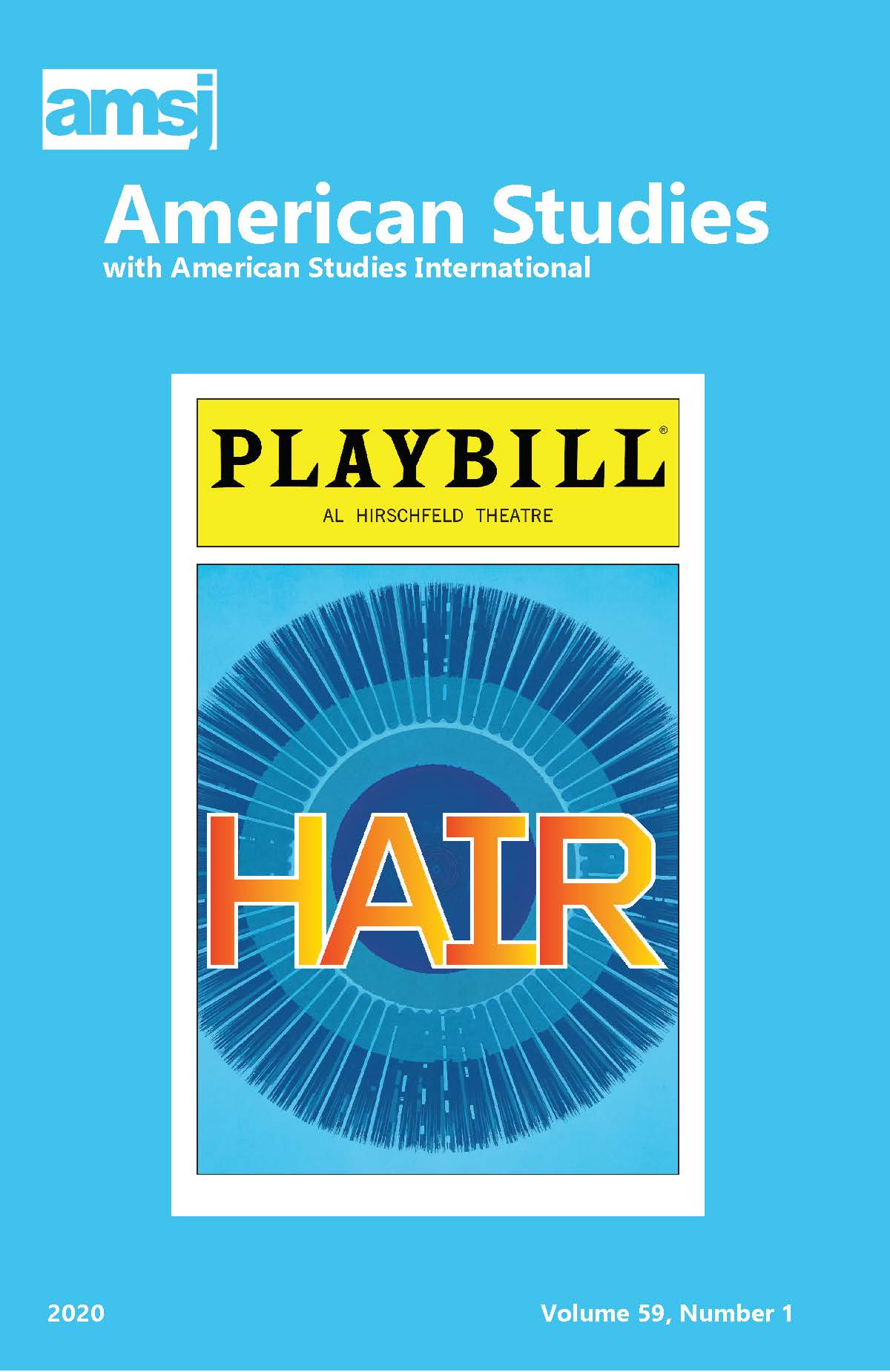Аннотация
In the late 1960s and early 1970s, gay liberation activists and the gay press repeatedly praised the Broadway musical Hair: The American Tribal Love-Rock Musical for its radical presentation of homosexuality and bisexuality as joyful rather than tragic. The underground press, however, excoriated it as an inauthentic commodification of the counterculture. Scholars of 1960s social movements have generally adopted the New Left’s framework in their own cultural analyses, often ignoring texts like musicals, which are correlated with gay male, female, and middle-class audiences for avant garde works with smaller audiences. Between 1968-1972, Hair was seen by approximately 20 million people worldwide, an extraordinary number that makes it important for scholarly analysis.
Following from scholars like David Johnson, this essay argues that gay men in the 1960s and 70s ignored the question of authenticity that plagued the New Left and used mass consumer culture to construct their identities and communities. This essay recovers the relationship between gay liberation and Hair through extensive archival research and a layered methodology that reads Hair as a text and examines it from the perspective of gay audiences through reviews in the gay press. Hair’s touring companies meant that gay actors traveled the country, strengthening the sense of a national gay community. Finally, it also uncovers Hair’s role in gay liberation activism. Activists utilized Hair’s popularity and public free speech battles to garner greater visibility for their own movement.
All items © Mid-America American Studies Association
Authors: If you prefer to remove your text(s) from this database please contact the editor.

